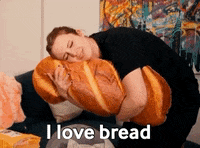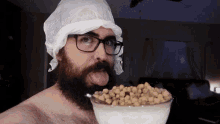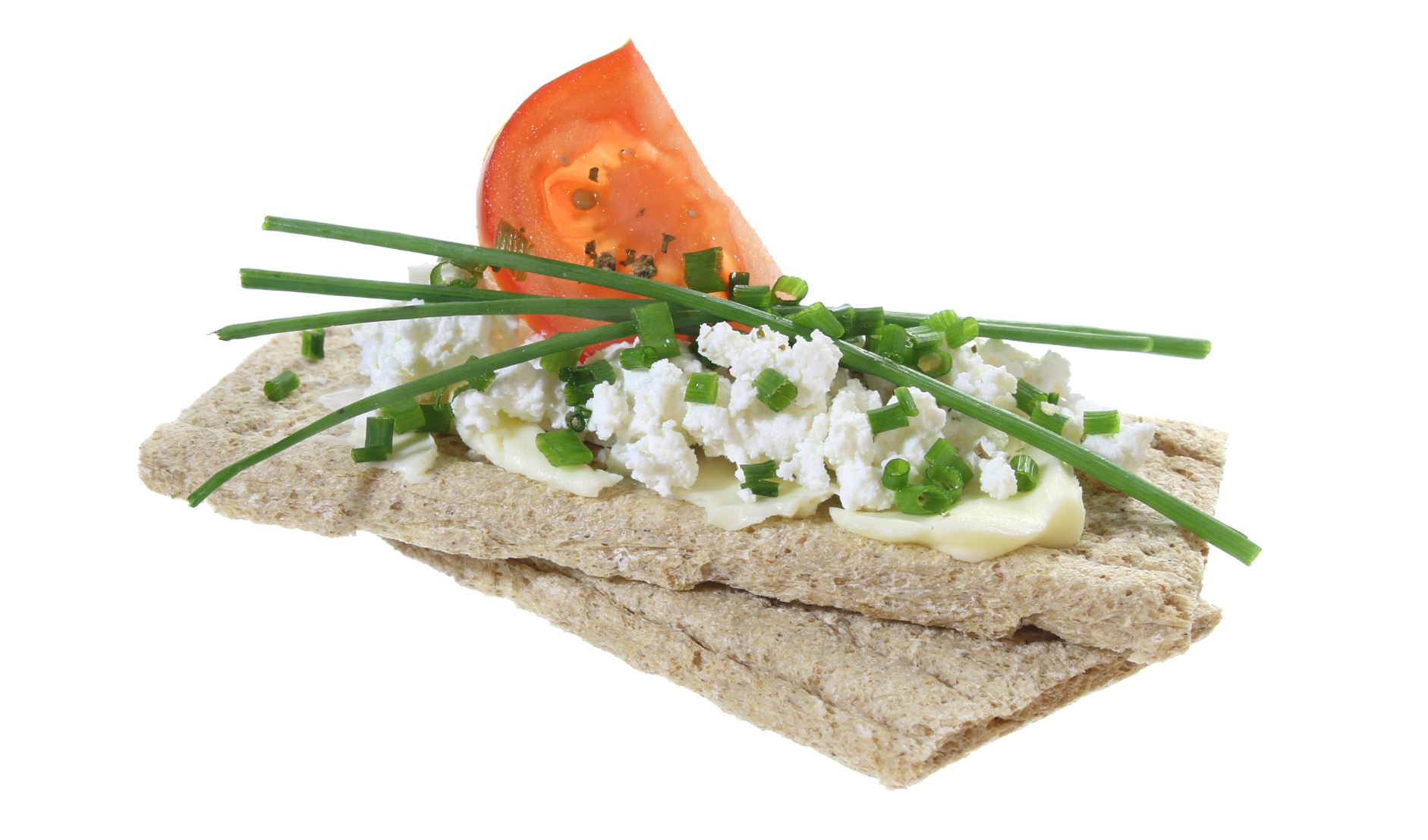A Groomers Guide to Healthy Snacking
When your clipper battery starts dying, you recharge it. But the workhorse behind your clippers often gets overlooked - the groomer! It’s just as important to keep your body fueled as it is the tools in your arsenal, if not more. So let’s take a look at how to ensure your snacks are working as hard for you as the charger for your clippers is.
Given the definition of a snack - “a small amount of food eaten between meals” - we often overlook them in terms of making sure they’re full of the same macronutrients as our main meals. We want a quick burst of energy to tide us over till lunch (if you can get that senior Cocker dried) or dinner (if Susan isn’t 2 hours late picking up Bella.) This is our first fault, because when done right, snacks can be so much more than that, and for such a physically demanding job like dog grooming, they need to be!
Macronutrients are the nutrient components needed by the body to maintain its structural and systematic integrity. They’re called macronutrients because the body needs them in large (macro) amounts. The main macronutrients are carbohydrates, protein and fats.
Carbohydrates
If you’re not going to listen to us, listen to actor and all-round hunk Tom Hardy who said, “The lack of carbohydrates can make you a little crazy”. The reason for that is because carbohydrates - or ‘carbs’ as we know and love them – are our body’s primary source of fuel. Like petrol to a car (unless you’ve broken into the Tesla gang), carbohydrates are the input our muscles and central nervous system need for their ongoing output.
Proteins
No, they’re not just for body builders. Protein provides the structure to our tissue. This includes cell membranes, organs, muscle, hair, skin, nails, bones, tendons, ligaments and blood plasma. Generally speaking, a person should aim for 0.8 grams of protein per kilogram of body weight per day. Ish.
Fats
Don’t be scared of the word, because we need them! The body uses fats as an energy reserve and for both insulation and protection of our vital organs. There are also certain vitamins the body needs that are only fat-soluble, meaning they will only breakdown and contribute to the body’s function when paired with fat. If we look at vitamins A, D, E & K as puzzle pieces, the only fit they find in the body, in order to be absorbed and transported, are alongside the complementary puzzle pieces of fats.
So what snacks are best to deliver our macronutrient needs?
1. Nuts and Dried Fruit
Immediately we love them because they are non-perishable, meaning they last without a refrigerator, provided you’re keeping them in a closed container. We love them even more because you get both protein and healthy fats from nuts and carbohydrates from fruit.
Chickpeas for the win!
2. Veggie sticks
Carrot, celery, cucumber or their pre-cooked counterparts are great options for a quick and healthy snack that packs in fiber. We suggest partnering these guys with hummus for some flavour and extra protein. Just half a cup of chickpeas boasts 10 grams of protein!
3. Energy Bars
These can be convenient, but don’t be tricked by the ‘high protein’ label on the front. Plenty of these are packed with sugar which will increase sugar cravings and give you an immediate boost in energy followed by a sugar crash! Not only that, but a lot of the positives these energy bars are promoting, such as their low daily intake percentages on sugars and fats, are as a meal replacement (yes, we know they shouldn’t be allowed to do that, but they do), so make sure you look at the information provided on the back of the packaging, or better yet, make your own! We love this one from Casey Lee Lyons at livelovenourish. No bake! No gluten! All you need is a handful of yummy ingredients, a blender and a saucepan if you want to drizzle with cacao butter at the end (yes plz).
4. Yoghurt
Like energy bars, be careful about what they’re promising on the front of their packaging. High protein counts, and wording such as ‘no added sugar’ can be hiding high sugar contents by way of artificial sweeteners. With that being said, good ole unflavoured yoghurt – the good kind, is full of probiotics, calcium and protein. Whack in your own fruit for sweetness and a few walnuts for crunch and nutty num nums, and YUM.
5. Water
We know, this wasn’t in our list of macronutrients, but it is a macro because our body needs loads of it. So, as you wade your way through our snack suggestions for the workday, make sure you‘re pairing it with enough water intake, that is 8-10 cups per day or 2-3L.
Here’s a list of 10 further snacks and their broad macronutrient content. It’s worth taking the extra 5 minutes before you run out the door in the morning to pack some healthy snacks for the day. Or pack enough for a week on Monday/your first day and leave them in the lunch fridge. When your body is fueled properly, you will be able to cope more easily with the day’s demands, both physically and emotionally. We owe it to the dogs to be the best version of ourselves we can be.
Almonds: High in good fats and protein. Bake in Tamari in a hot oven for 10 minutes to add crunch and a salty satisfaction
Baby Carrots with Hummus: Hummus is a good source of healthy fats and protein.
Apple Slices with Peanut Butter: Peanut butter provides good fats and protein.
Cottage Cheese with Pineapple: Cottage cheese is rich in protein.
Edamame: High in protein and carbohydrates.
Avocado Toast on Whole Grain Bread: Avocado is a good source of healthy fats and the whole grain bread provides complex carbohydrates.
Rice Cakes with Cottage Cheese and Cherry Tomatoes: Cottage cheese offers protein and cherry tomatoes provide a small amount of carbohydrates.
Trail Mix (Nuts, Seeds, and Dried Fruits): Nuts and seeds contain good fats and protein, while dried fruits provide carbohydrates.
Hard-Boiled Eggs: High in protein and healthy fats.
Sliced Cucumber with Tzatziki Sauce: Cucumbers are low in calories and provide some carbohydrates, while Tzatziki sauce (made from yogurt, cucumber, and herbs) offers protein and healthy fats.
HAPPY SNACKING!
YOU MIGHT ALSO LIKE







